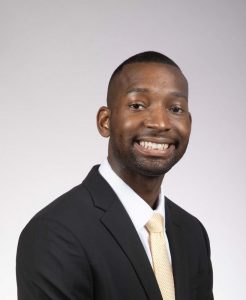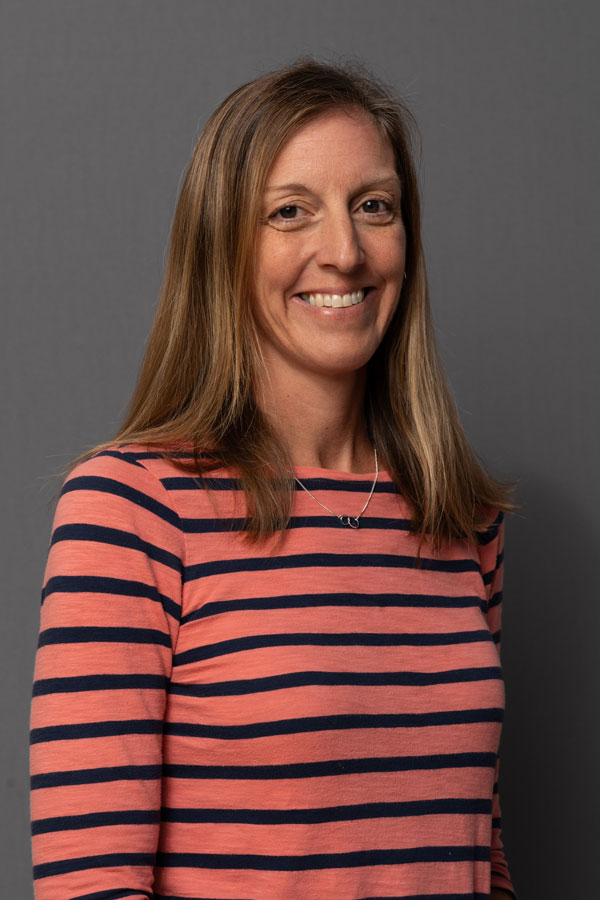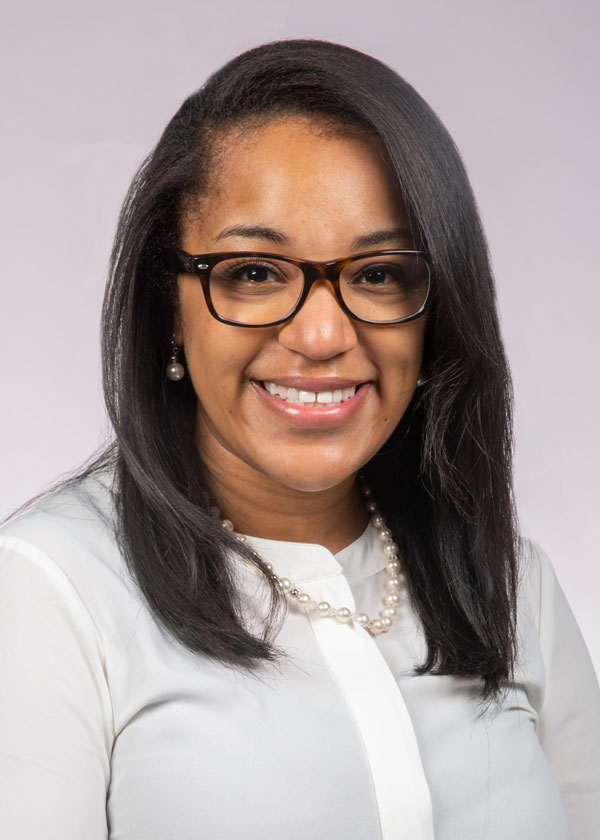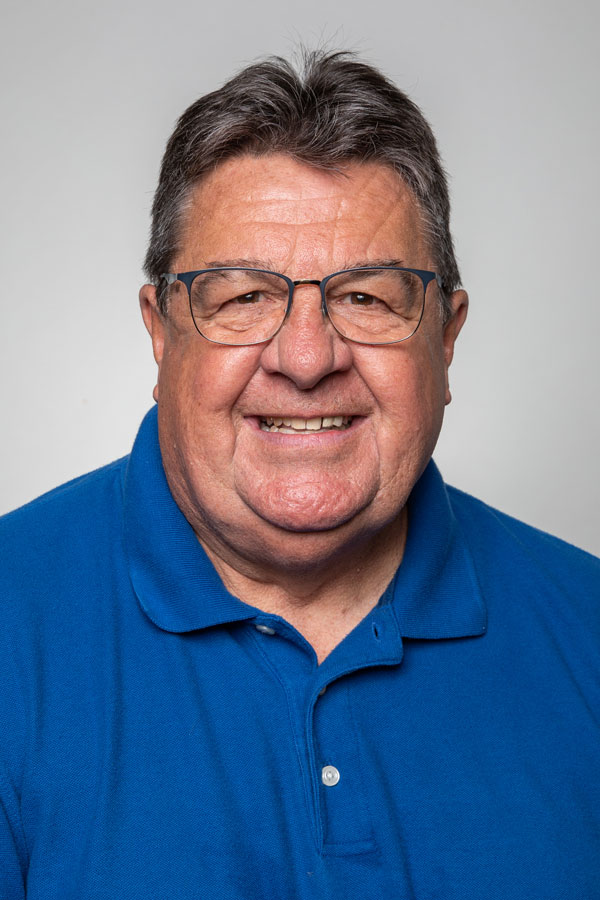Get started with Mizzou
Apply hereBachelor of health science
You strive to make a difference in other people’s lives. With the healthcare industry experiencing rapid growth, an increasing number of opportunities allow you to leave a meaningful impact. Whether you earned an associate degree in a related area or currently work in the field, the University of Missouri’s online bachelor of health science prepares you for a spectrum of non-clinical roles and helps you fulfill prerequisite requirements for graduate and professional programs.
Multiple factors influence patient care and the rippling effect it has through a community’s population. Your career or previous education may have presented a few angles. The online bachelor’s in health science goes a step further while taking a holistic view.
Interdisciplinary course work focuses on population health from local to global levels, policy, administration and the health sciences. At the same time, the program reflects the Department of Health Sciences’ mission: to prepare tomorrow’s health professionals with exemplary education and research. The online bachelor of health science, in turn, trains you to influence patient care in an administrative, leadership or policy role or to continue your education in a more specialized program.
As you expand your skills, this rigorous, fully online program geared toward working professionals supports your aspirations through easily accessible content and hands-on learning. Faculty guide your progress, while a close-knit community helps you build career-enhancing connections with individuals across the globe.
Quick facts
Official name
Bachelor of Health Science in Health ScienceCampus
Program type
Bachelor's degreeAcademic home
College of Health Sciences | Department of Health SciencesDelivery mode
100% onlineAccreditation
Higher Learning CommissionFreshman credit hours
120Freshman estimated cost
$81,636.00Transfer credit hours
64Transfer estimated cost
$43,539.20*This cost is for illustrative purposes only. Your hours and costs will differ, depending on your transfer hours, your course choices and your academic progress. See more about tuition and financial aid.

Career prospects
Not every health care career involves working in a laboratory. Instead, the online bachelor of health science’s blend of policy, administration, public health, biological sciences, humanities and social sciences equips you with a broad, multifaceted skill set for elevating medical services and patient care in:
- Medical care management
- Corporate wellness
- Human services
- Medical sales
- Pharmaceutical manufacturing and distribution
- Hospitals and private practices
- Long-term care facilities
- Health clinics
- Government organizations
Illustrating demand, the Bureau of Labor Statistics identifies 15% growth across health care occupations between 2019 and 2029. For non-clinical occupations, medical and health services managers are expected to see 32% more positions over that period.
Whether you seek to move up or transition to a different role, the online bachelor of health science benefits those currently working as a:
- Health educator
- Sales representative
- Health care IT consultant
- Patient representative
- Clinical data manager
Program structure
Students deciding to pursue this path must first complete prerequisite courses in writing and rhetoric, biology, the physical and behavioral sciences and statistics. From here, you progress onto a 20 to 25-credit hour core covering public health, health literacy, leadership and management, policy, funding and clinical ethics.
You’ll pair your core courses with 18 credit hours of electives covering leadership, policy and health and wellness services.
As you get closer to completing your degree, you’ll apply your knowledge and gain additional hands-on experience through a capstone project. The online bachelor of health science pairs internship or service learning opportunities approved by the department’s Office of Experiential Learning with a course in leadership principles.
Course work includes
Core courses help you:
- Understand what’s involved in clinical and non-clinical health careers
- Grow your knowledge of the U.S. healthcare system
- Learn the techniques for conducting qualitative and quantitative research
- Realize the impact of bioethics on service delivery
Read more about the course work for the online health science bachelor's.
Delivery
100% onlineSee all online programs offered through the College of Health Sciences.
Accreditation
The University of Missouri is accredited by the Higher Learning Commission, one of six regional institutional accreditors in the United States.
Faculty spotlight

Jeff Carr has been a faculty member in the College of Health Sciences since 2018. He teaches Intro to Health Professions 1000 and Health Sciences Seminar 3000. As an alumnus of the health sciences program, one of his primary objectives is to create career opportunities for students. In addition to teaching, he operates a movement facility and serves as a patient advocate consultant in the functional medicine sector. He is passionate about helping students recognize the critical role of patient education as a key driver of positive patient outcomes.

Molly Vetter Dreier has taught online and in-person courses for the Department of Health Sciences and Department of Public Health in the College of Health Sciences at Mizzou since 2015. Dr. Vetter Dreier’s teaching focuses on health policy, community health promotion and behavior change. In a recent endeavor to elevate her teaching methodologies, she has integrated innovative strategies that encourage students to use artificial intelligence tools in their course work. Student feedback shows the use of these tools has enhanced their learning while gaining skills necessary to be successful in their future health care careers.

Anika Edwards has taught with the Department of Health Sciences full time since 2020. As an alum of the program, she now has the opportunity to pay it forward. She has a background in nursing and works to bring her clinical experiences into the classroom to help students relate course concepts to the real world and best prepare them for their desired careers.

Mark Kuhnert has been with the Department of Health Sciences since 2010. During that time, he has taught everything from holistic medicine and mental health to health care across the lifespan. In the spring of 2012, Dr. Kuhnert was instrumental in developing and integrating the department’s internship program.
